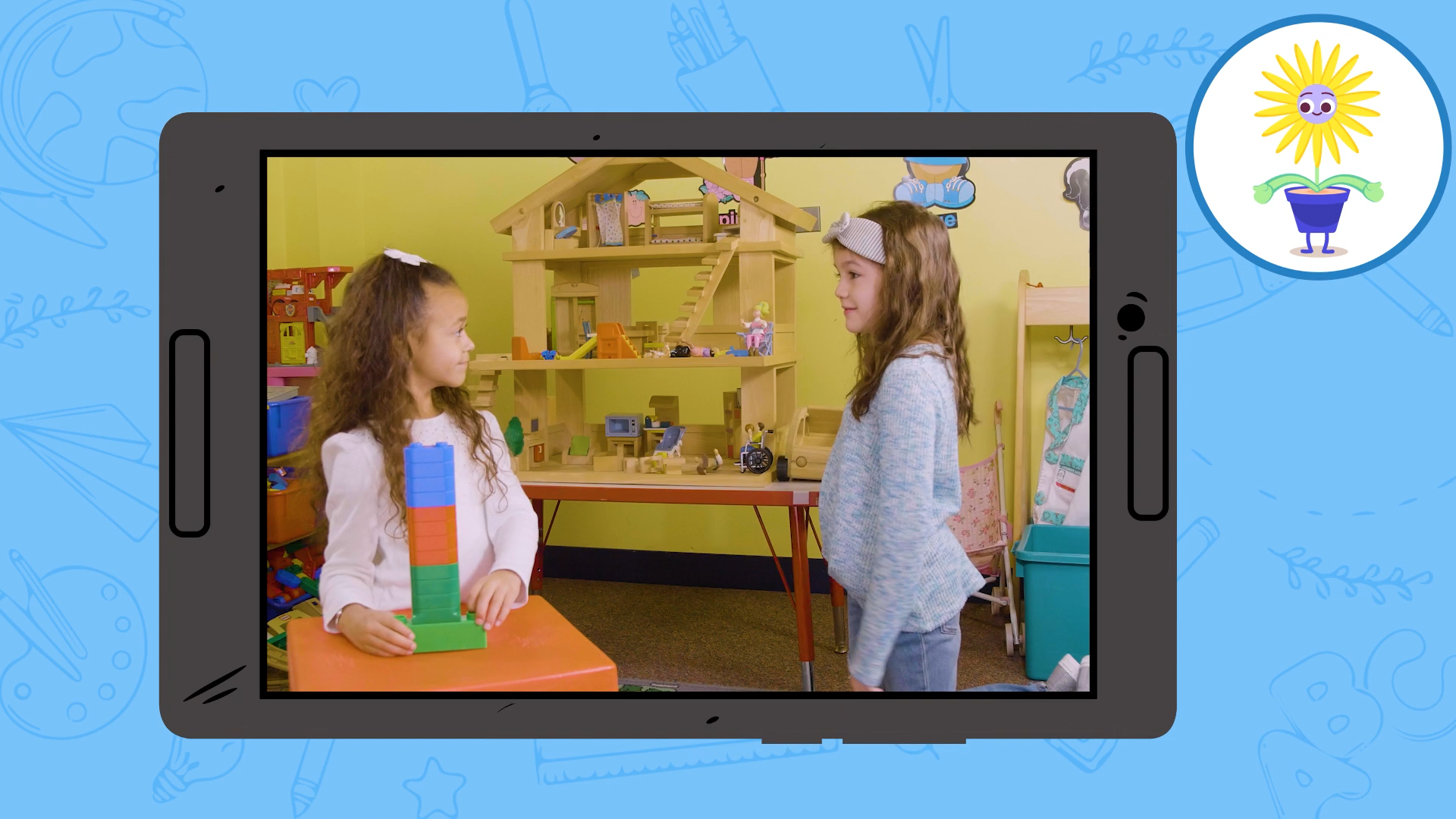
In this blog post, we will explore the essential skill of asking a friend to play, which is a crucial aspect of Social-Emotional Learning. We will provide you with a no-prep activity, discussion questions, related skills, and next steps to help educators teach this skill effectively.
Introduction
Learning how to ask a friend to play is an important skill for students to develop, as it fosters positive social interactions, builds friendships, and promotes effective communication. By teaching this skill, educators can help students navigate social situations and learn how to engage with their peers in a respectful and inclusive manner.
No-Prep Activity: Role-Playing Scenarios
This activity requires no preparation or materials from the educator. Simply divide the students into pairs and provide them with different scenarios that involve asking a friend to play. For example, one student can pretend to be playing with blocks, while the other student practices asking them to join in a game of tag. Encourage the students to switch roles and try different scenarios, allowing them to experience both asking and being asked to play. Afterwards, discuss the activity as a class, focusing on the importance of clear communication and respecting others’ feelings.
Discussion Questions
- What are some ways to ask a friend to play that show respect for their feelings and interests?
- How can you tell if it’s a good time to ask someone to play? What are some signs that they might be busy or not interested?
- How should you respond if someone asks you to play and you don’t want to? How can you say no while still being kind and respectful?
- Why is it important to practice good communication skills when asking a friend to play?
- Can you think of a time when you asked a friend to play and it went well? What about a time when it didn’t go as planned? What can you learn from these experiences?
Related Skills
Teaching students how to ask a friend to play also helps them develop other essential Social-Emotional Learning skills, such as:
- Active listening and paying attention to non-verbal cues
- Empathy and understanding others’ perspectives
- Conflict resolution and problem-solving
- Building and maintaining healthy relationships
- Respecting personal boundaries and understanding social norms
Next Steps
To further support your students in developing the skill of asking a friend to play, we encourage you to sign up for free samples of this skill and others at Everyday Speech. These sample materials can provide you with additional resources, activities, and guidance to help your students build strong social-emotional skills for a lifetime of positive interactions and relationships.

